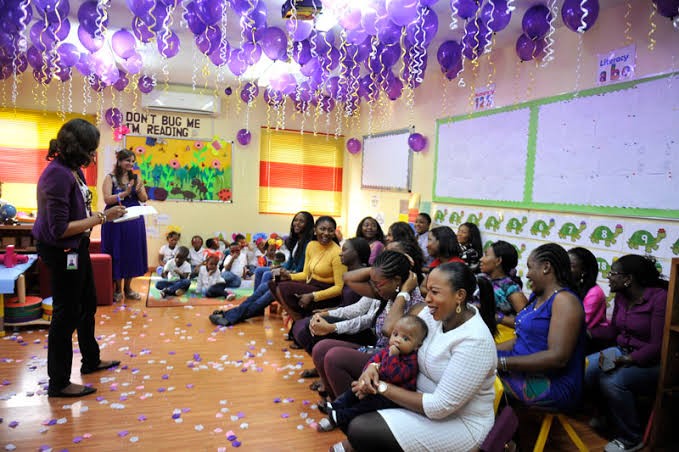The Role of Parent-Teacher Association in Fostering Early Childhood Education

The Role of Parent-Teacher Association in Fostering Early Childhood Education
Parent-Teacher Associations (PTAs) play a vital role in fostering early childhood education by bridging the gap between home and school. These organizations bring together parents, teachers, and administrators to support the educational and developmental needs of young children.
By working together, PTAs can provide valuable resources and services that enhance the learning experience for children. For example, they can organize fundraising events to purchase educational materials, equipment, and technology that may not be readily available to the school. Additionally, PTAs can facilitate parent-teacher conferences, workshops, and seminars that focus on child development, parenting skills, and educational best practices.
PTAs can also foster a sense of community among parents, teachers, and children, which is essential for a child’s emotional and social development. By creating opportunities for socialization and interaction, PTAs can help children develop important life skills such as communication, empathy, and cooperation.
Moreover, PTAs can play a critical role in advocating for policies and programs that support early childhood education. By working with school administrators and policymakers, PTAs can help ensure that young children receive the support and resources they need to succeed in school and beyond.
Effective PTAs can also facilitate parental involvement in their children’s education, which is a critical factor in a child’s academic success. By keeping parents informed about their child’s progress, involving them in decision-making processes, and providing opportunities for volunteer work, PTAs can help parents feel more connected to their child’s educational journey.
In many cases, PTAs can also provide emotional support and guidance to parents, helping them navigate the challenges of raising young children. By creating a supportive network of parents and educators, PTAs can help families feel more confident and empowered to support their children’s educational and personal growth.
Overall, Parent-Teacher Associations play a vital role in fostering early childhood education by providing resources, support, and advocacy for young children and their families. By working together, PTAs can help create a strong foundation for future academic success and lifelong learning.






